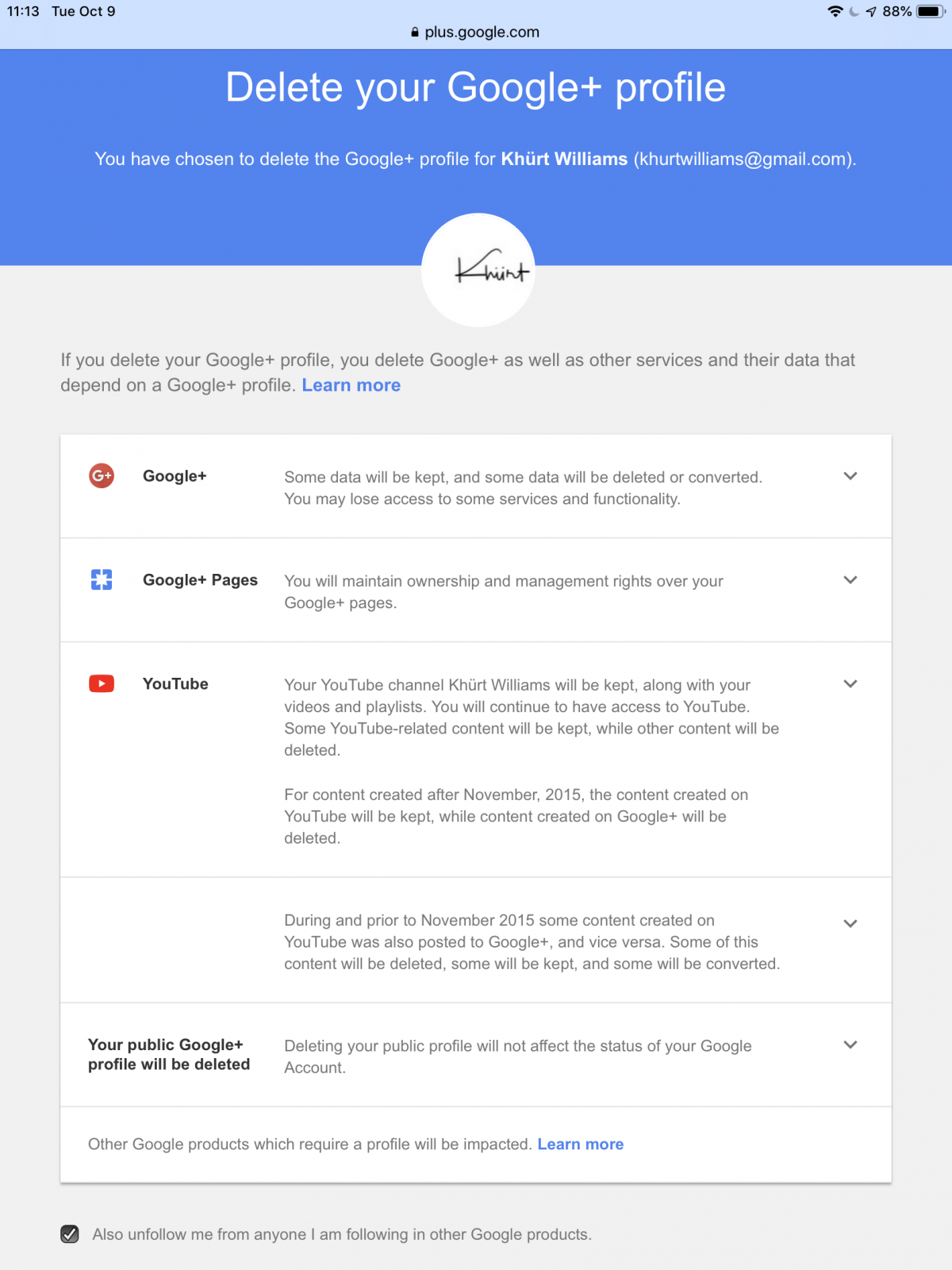Over the past four years, Google has admitted "scanning and indexing" student email messages sent using GAFE and data mining student users for commercial gain when they use their accounts for noneducational purposes. Google can collect student/family data to target ads through related services outside the GAFE suite, such as YouTube for Schools, Blogger and Google Plus. These are not covered under the already watered-down federal Family Educational Rights and Privacy Act.
Surprise, not surprised; Google and Facebook are involved.


